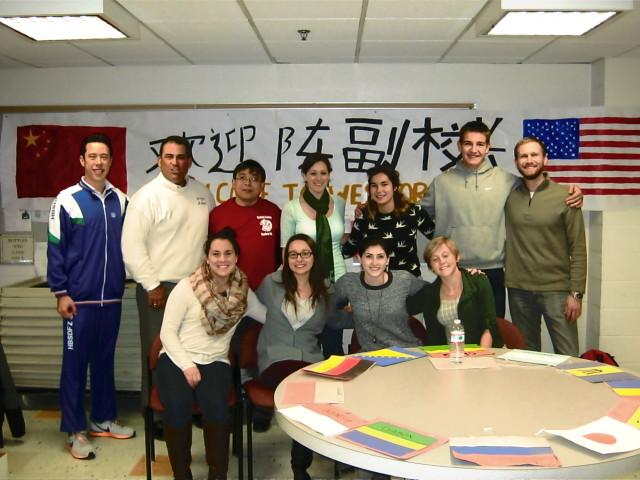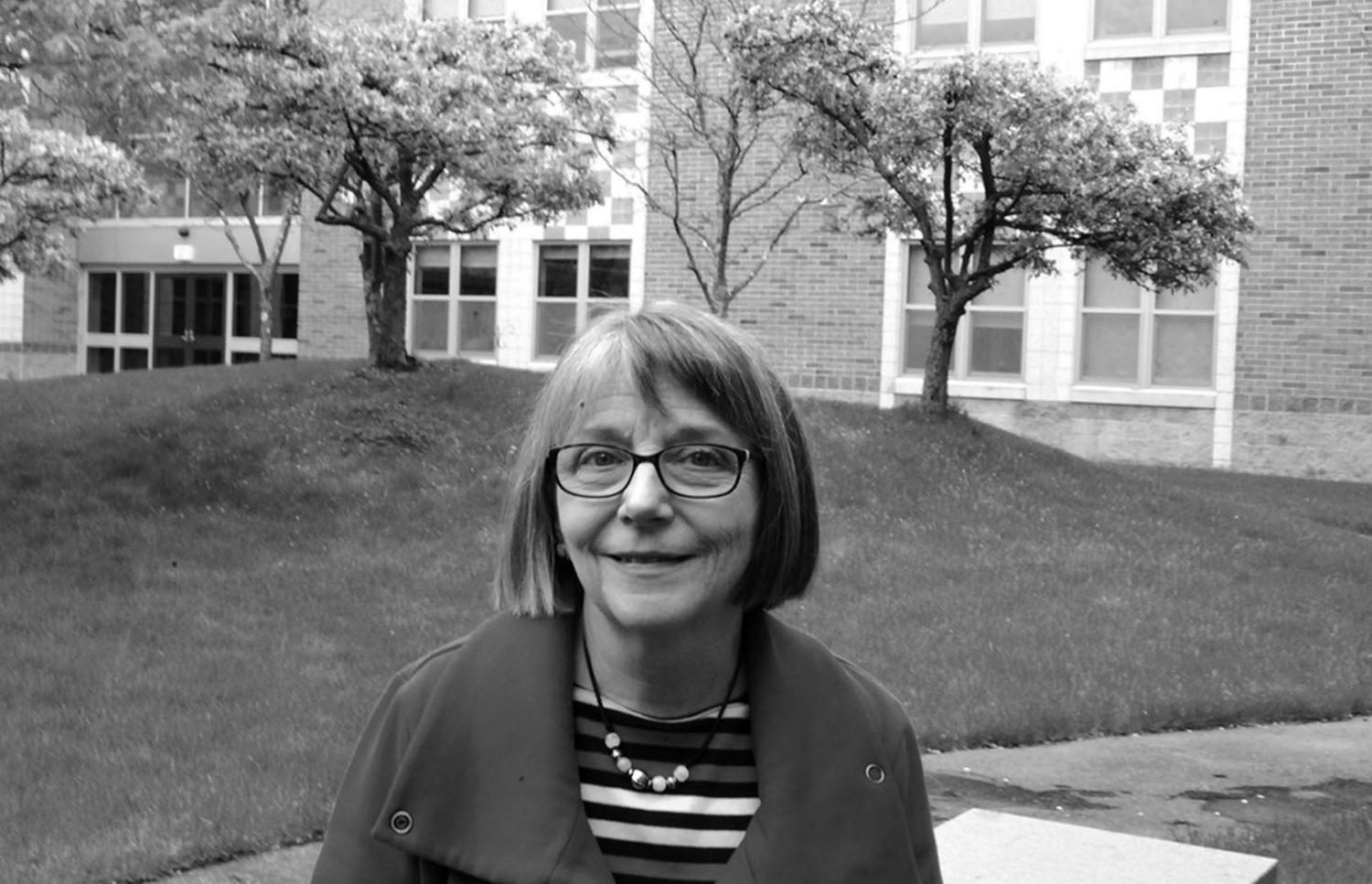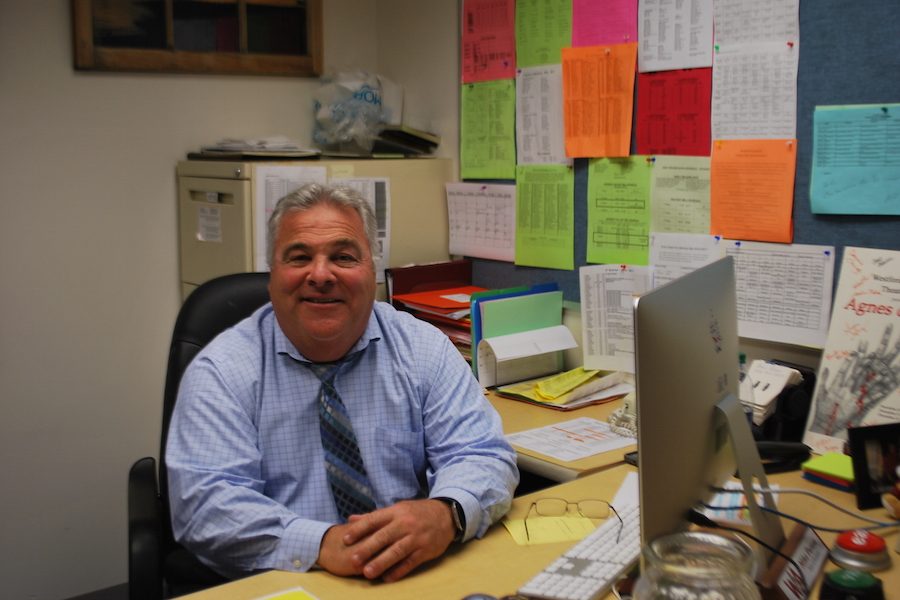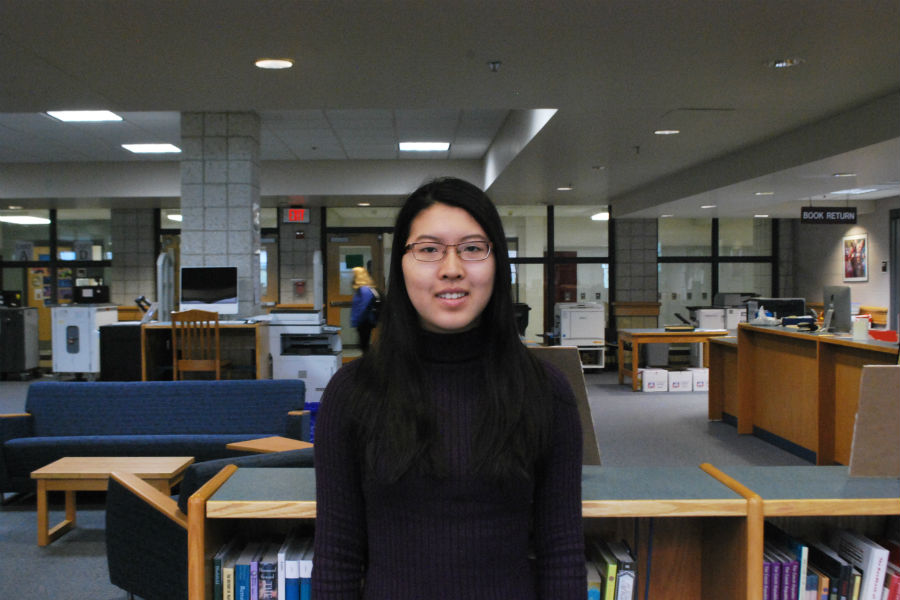Alok Ganguly
Managing Editor
Currently, foreign exchange programs exist with Spain, France, and Germany, but Westford Academy is taking the next steps to include China, and hopefully receive more Chinese foreign exchange students.
“I think we want [an exchange to happen with China] next year. That is [the goal] as of now,” said Neil Yeung, WA’s Mandarin Club Advisor.
In order for the exchange to be possible, students need to have a visa from their country, and only countries that have US. Consulates are able to provide these documents. This allows students from almost anywhere in the world to come and study in the United States if they want to.
“It all comes down to politics,” said Tim Welch, WA’s International Exchange Coordinator.
Students then need to find out where in America they can come visit.

“There are organizations that represent our school abroad. They bridge the gap between people, and help students looking to spend a year studying abroad at an American high school. The students gets to say where they want to go, which region and type of school that they prefer, and then fill out a questionnaire and the organization tries to match them with a specific school or host family,” said Welch.
According to Welch, over 200 students from 40 different countries have studied at WA in the past, and his goal is to continue the trend to give as many students the opportunity as possible.
“The world is open, and we are open to the world,” he said.
Welch visited China last year with the goal of establishing a relationship with the Chinese Education System. He spent time touring the country, meeting with Education Officials in the country, and even taught an English Class.
Kai Chen, Vice Principal at the High School affiliated with Hebei Normal University in Shijiazhuang, Hebei province, China, is paying Westford Academy a visit with the same mindset that Welch had a year ago.
“We have already established a pseudo-relationship with [China], we have two students [from China] here now. We want to make this into more of an exchange feel instead of foreign students coming over. [We want] the program to be multiple weeks, [with] host families, exchanging teachers and cultures, instead of just studying in another country,” said Yeung.
Additionally, any student can decide that they want to be a part of the foreign exchange, even if they do not take Mandarin as a class at WA. At the moment, Yeung and Welch are looking for many students to express interest so that the program can actually take place.
Chen is here to take a look around WA and try to find some similarities between his school and ours. According to Chen, the exchange of cultures and different education styles are important for both students from China and America to get exposure to. Already he has been exposed to In The Heights and a performance from an orchestra class, and he loved both.
The most staggering difference that Chen has noticed is the way that subjects are taught at WA. He noted that in China, there is far less open-ended discussion in classes. Students go to a class to study that specific subject, and they will work on that one topic for the allotted amount of time, whereas at WA, teachers are more willing to change their class’s agenda if there is a visitor or a good discussion topic arises in class.
Chen added that he was impressed with how student-centric WA is, and admired that the school is focused on developing and protecting its students.




